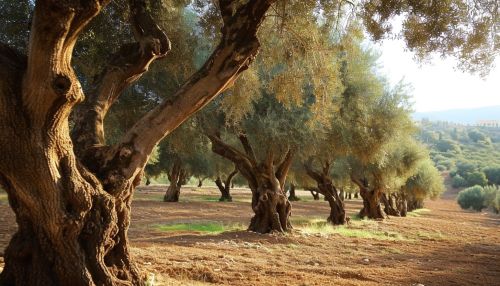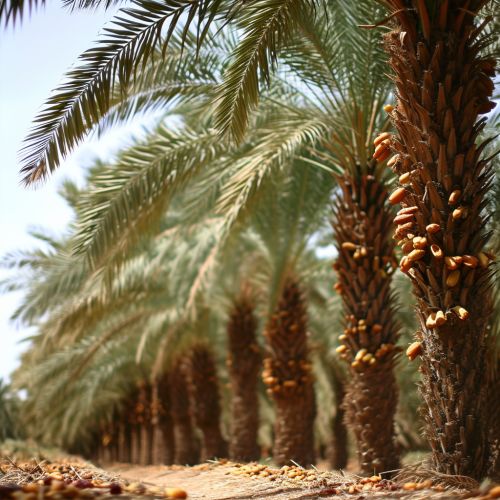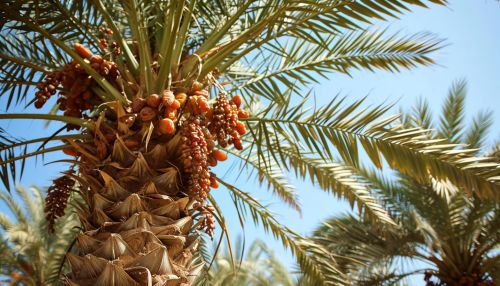Agriculture in Tunisia
History of Agriculture in Tunisia
The history of agriculture in Tunisia dates back to the Carthaginian era, around 814 BC. The Carthaginians were known for their advanced agricultural practices, including the cultivation of olives, grapes, and cereals. The Roman conquest of Carthage in 146 BC led to the expansion of agricultural activities, with the introduction of new crops such as wheat and barley.


During the Arab conquest in the 7th century, the agricultural sector underwent significant changes. The introduction of irrigation systems and new crops such as dates, figs, and citrus fruits contributed to the diversification of Tunisian agriculture.
Modern Agriculture in Tunisia
Modern agriculture in Tunisia is characterized by a dual agricultural system. This system comprises a modern, market-oriented sector that coexists with a traditional, subsistence-based sector. The modern sector is characterized by large-scale, mechanized farms that produce high-value crops for export, such as olive oil, wine, and dates. The traditional sector, on the other hand, consists of small-scale farms that primarily produce staple crops such as cereals and vegetables for local consumption.
Agricultural Production
Tunisia's agricultural production is diverse, with the country producing a wide range of crops. The main crops include cereals (wheat, barley, and maize), olives, grapes, dates, citrus fruits, and vegetables. Tunisia is one of the world's leading producers of olive oil and dates. The country's agricultural sector also includes livestock farming, with sheep, goats, and cattle being the main livestock reared.


Agricultural Policies and Regulations
The Tunisian government has implemented various policies and regulations aimed at promoting agricultural development. These include the Agricultural Investment Promotion Law, which provides incentives for investment in the agricultural sector, and the Organic Agriculture Law, which promotes the production of organic crops. The government has also established the National Agricultural Research Institute to conduct research and provide technical support to farmers.
Challenges and Opportunities
Despite its significant contribution to the Tunisian economy, the agricultural sector faces several challenges. These include water scarcity, soil degradation, climate change, and market volatility. However, there are also opportunities for growth and development in the sector. These include the potential for organic farming, the expansion of irrigation systems, and the development of agro-industry.
